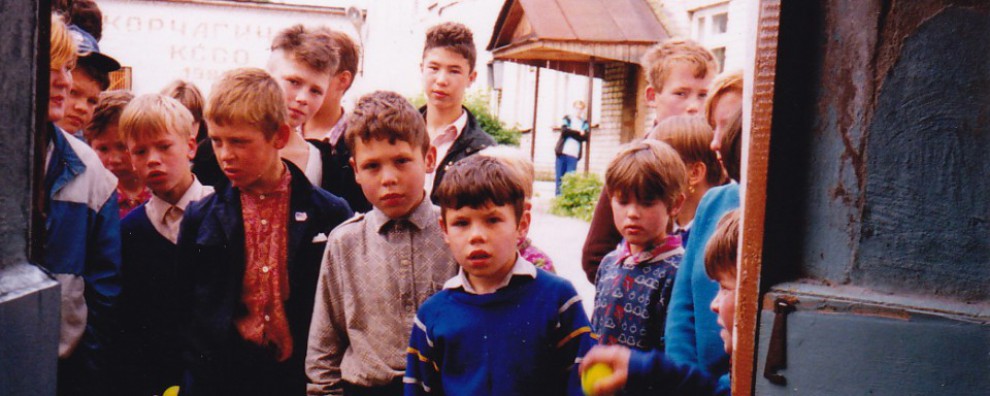This lesson plan on the Latin word roots scrib and script stands for this week’s Text at Mark’s Text Terminal. These mean, as you might have already inferred, mean “write” and “to write.” You’ll find these two roots in such high-frequency English words describe, manuscript, prescribe, and scribble.
I open this lesson with this context clues worksheet on the verb compose. The context in this document supports a definition of the verb compose, used transitively, as meaning “to create by mental or artistic labor” and “to formulate and write.”
Finally, you’ll need this scaffolded worksheet, replete with cognates from the Romance languages, to execute this lesson.
If you find typos in these documents, I would appreciate a notification. And, as always, if you find this material useful in your practice, I would be grateful to hear what you think of it. I seek your peer review.

You must be logged in to post a comment.